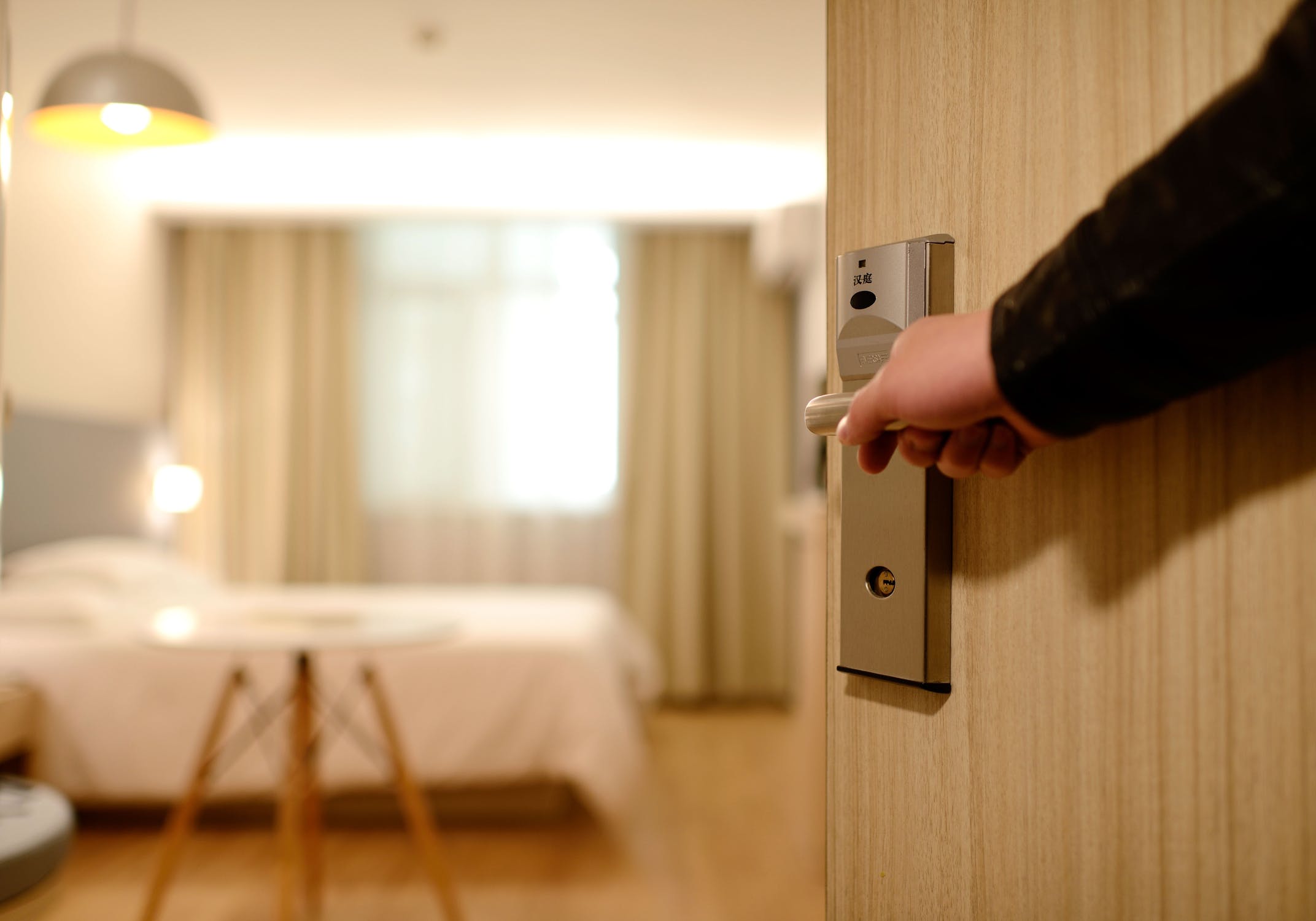The total number of nights booked in local hotels during the period between July and September 2023 has surpassed the total nights spent during the same period of 2019, the latest statistic showing the hospitality sector’s strong recovery from the pandemic, which has surpassed all expectations.
According to new data released by the National Statistics Office, total nights spent during the period under review reached 3,242,318, an increase of 10.5 per cent over quarter three of 2022. In 2019, this figure stood at 3,232,756.
In the third quarter of 2023, total guests in collective accommodation establishments amounted to 662,593, up by 15.2 per cent against the figure reported in the corresponding period of 2022. In 2019, the number of guests staying in Maltese hotels during this period numbered 589,148.
However, it’s not all good news. In line with the forecast laid out in a bombshell report by advisory firm Deloitte, commissioned by the Malta Hotels and Restaurants Association and published last year, net use of the existing bed stock has dropped significantly, despite the higher numbers of guests and nights stayed.
The net use of bed spaces during the third quarter of 2023 stood at 77.9 per cent, a marked improvement over the 72.5 per cent registered in 2022 but considerably less than the 83 per cent registered in 2019.
Perhaps most worryingly, the difference in net use of bed spaces between 2019 and 2023 is most stark in the five-star (-6.8 per cent) and four-star (-6.1 per cent) segments, and in other collective establishments, which include high-end boutique hotels (-6.4 per cent). The three- and two-star markets saw drops of one per cent of less.
This likely reflects the completion of new hospitality projects which have tended to cater to higher-spending tourists. As these projects come online, new beds get added to the stock of quality accommodation available. In fact, the number of five-star bed spaces increased by 415 to reach 8,172 over the last year, while bed spaces in four-star hotels increased by 2,227 to a total of 21,144. Those in three-star establishments, however, decreased 1,314 to 9,783, while two-star bed-spaces decreased by 37, to 937. Establishments not covered by the star rating system increased their bed stock by 339, reaching 5,825.
The prevalence of four-star hotels is also reflected in the segment’s market share, with 48.9 per cent all guest nights spent there.
All told, the total bed stock available in hotels in Malta and Gozo is now 45,861, an increase of 1,630 over last year. If private short-let tourist accommodation is included (such as Airbnb apartments), this number increases by around 20,000 – in October 2022, the total number of beds registered with the Malta Tourism Authority across all segments stood at 66,132.
However, demand for the higher-end hotel rooms is not keeping up with the supply, potentially necessitating a lowering of prices that could threaten the competitivity and viability of some projects.
255 third-country nationals ordered to leave Malta in first quarter of 2025
Returns across EU rise, but Malta’s numbers remain modest
Inbound sea tourism dips by 2.3% in early 2025
The overall outlook for Malta’s tourism sector still remains optimistic
Transport Malta tight-lipped on enforcement plans for white taxis and coaches
Uncertainty also remains over the technology used and how enforcement will be applied






